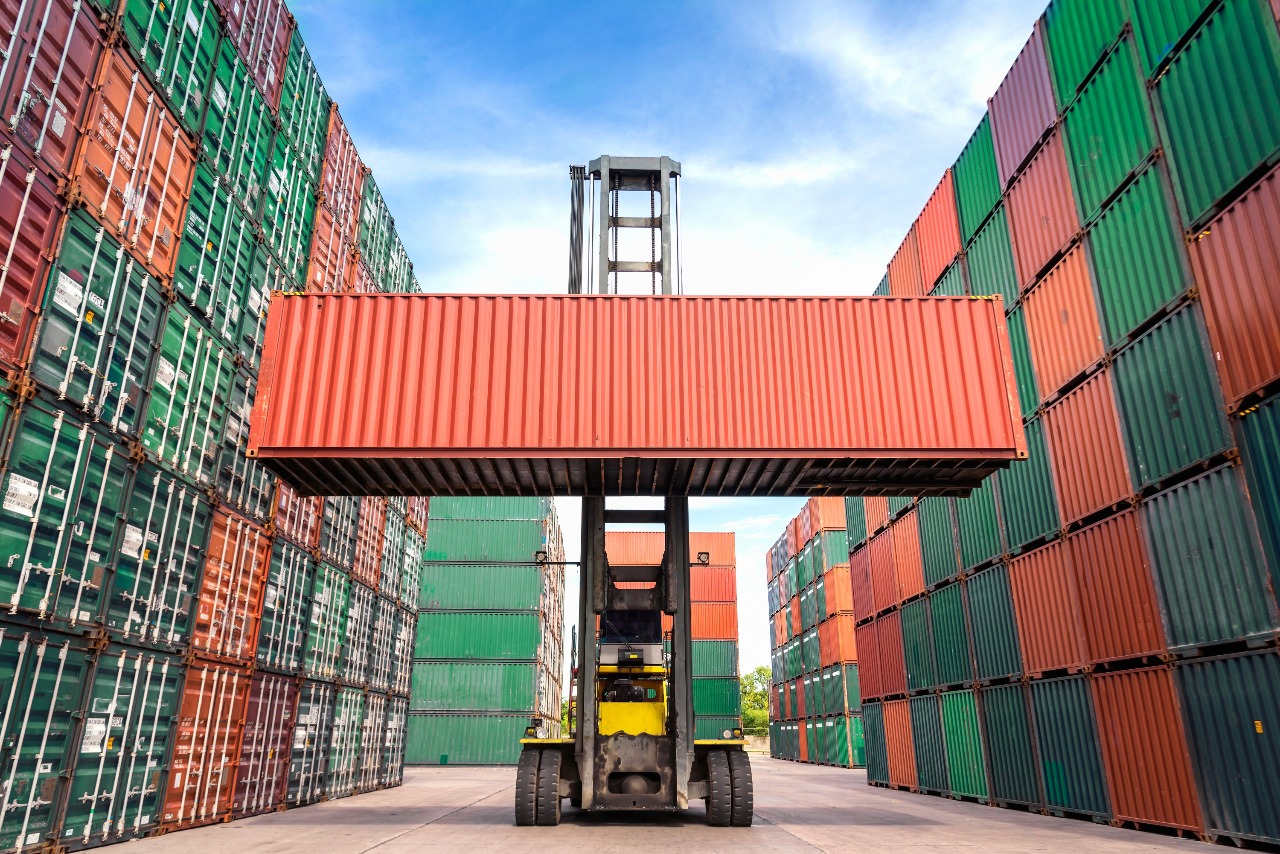he Internet of Things will streamline supply chains and create new revenue streams for companies willing to invest in implementation.
As the global economy picks up steam, Internet of Things (IoT) technologies are driving value for shipping and logistics companies striving to meet increased demand. Industry professionals have been quick to spot the emerging tech’s possibilities, with a GT Nexus survey showing that 70% of executives have already begun to digitize their supply chains.
After all, logistics partners managing air, sea, rail, and ground freight depend on a responsive network that can deliver key insights at a moment’s notice. With an integrated network of IoT solutions, data-driven capabilities — real-time tracking, warehouse capacity statistics, and route optimization included — can help companies make more informed decisions quickly and cost-effectively.
In an industry with small margins and even smaller room for error, it’s time to consider what IoT — coupled with the guidance of a qualified logistics partner — can do for your business.
Generating Value at Every Stage of Shipping
Companies in shipping and logistics have primarily developed their IoT capabilities in order to streamline their supply chains. With asset tracking, for example, it’s possible to determine the real-time location of shipments and fleet vehicles in relation to nearby facilities and final destinations.
While asset tracking isn’t new — barcode scanners have helped businesses collect basic data for decades — IoT tech ups the ante. Logistics providers can now shepherd shipments through transit nodes to better avoid bottlenecks, monitor environmental conditions such as temperature and humidity, and aggregate satellite data from transmitters — even in regions without cellular service.
With this wealth of data, managers can gain better visibility into their moving assets in order to quickly react when issues arise — or avoid them altogether. This allows for more accurate capacity planning, route optimization, environmentally conscious shipping solutions, and anticipatory problem-solving. For shippers and logistics providers alike, these capabilities open the door to serious savings.
Building Smarter Facilities
With better-coordinated supply chains and fleets, it’s possible for warehouses and ports connected to IoT networks to handle larger volumes with the same amount of real estate.
Cloud-connected sensors can help improve communication between facility managers, freight carriers, and drivers, minimizing congestion and improving facility efficiency in the process. Thanks to containers and shipments equipped with IoT tech, it’s easier for managers to understand where their inventory is, where it’s going, and what condition it’s in. Cloud computing can even help warehouses and ports get back up and running in the wake of natural disasters or other disruptive events.
This digital sophistication will soon become indispensable to the world’s major trade lanes. The Port of Hamburg, for example, expects its container volume to double by 2025, according to Forbes, and has launched a major expansion of its IoT capabilities in order to improve turnover, better manage on-site resources, and reduce wasted time. For shippers and logistics providers, smarter facilities will help them control costs even as shipping demand grows.
Creating New Revenue
IoT simplifies supply chains and decongests shipping facilities, but it also opens up new business models and fresh strategic capabilities. Companies shipping heat- and humidity-sensitive materials, for instance, such as perishables or pharmaceuticals can now invest in custom shipping solutions that provide real-time information on product temperature during transit. Similarly, premium shippers may be interested in guarantees that expedited cargo would receive priority route optimization in the event of extreme weather, road closures, or work stoppages. With the help of IoT, shippers can offer consumers these options, creating opportunities for new revenue at every stage of shipping.
Reaping the Benefits of IOT
Whether you’re looking for a third-party logistics (3PL) partner to help on one leg of your shipping journey or an integrated logistics services provider (ISP) to handle every step of the way, the right business relationships can deliver the cost savings and efficiency of IoT technologies by connecting you with digitally advanced carriers and facilities across the country and around the world.
At Primary Freight, we have the industry expertise and partnerships needed to leverage the benefits of IoT technology for your shipping needs. Our team is committed to delivering top-notch customer service that saves you money without sacrificing quality. And with over 20 years of experience driving value for our partners, we’re ready to build tailor-made shipping logistics for your business today.
If you’re interested in learning more about our ecommerce and reverse logistics services and solutions, contact us today at (800) 635-0013.
